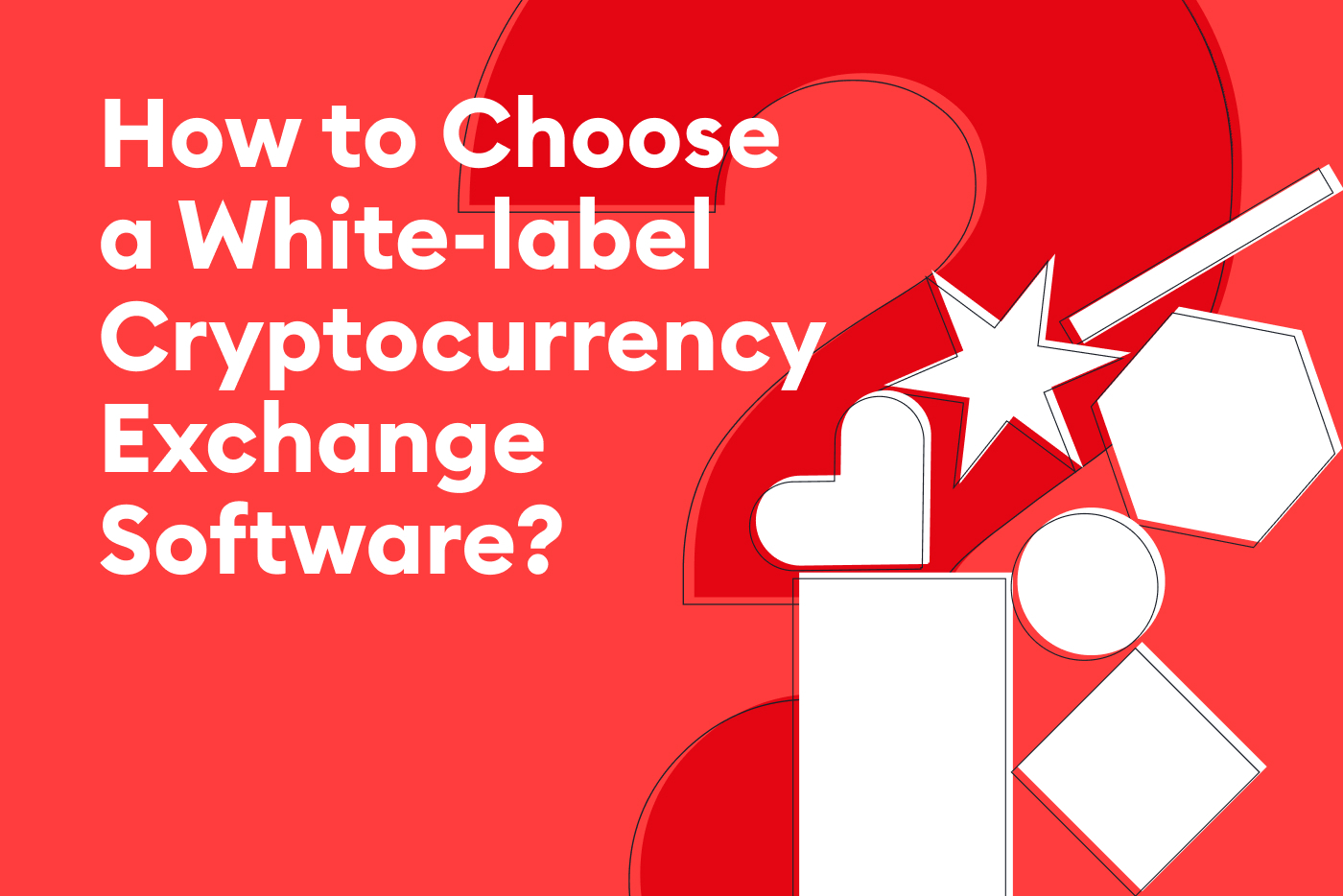
In October 2019 , Liechtenstein’s parliament unanimously passed the Blockchain Act, also known as Token & Trustworthy Technology Service Provider Act (TVTG), which was enacted into law on January 1st 2020. The Act seeks to provide a reliable framework for a new digital economy developed on “trustworthy technology,” which encompasses blockchain technology and DLT systems. Hence, Liechtenstein becomes one of the first European jurisdictions to acknowledge the importance of distributed ledger technology and marks another milestone in the digital transformation of the physical world economy.
The Blockchain Act
The Blockchain Act offers groundbreaking framework conditions and legal security for the creation of a true token economy. Its scope goes beyond specific use cases such as cryptocurrencies but aims to create the right incentives for existing companies and newcomers to create new business models based on DLT, especially within Liechtenstein’s thriving financial sector. In order to achieve the latter, the main contribution of the new legal framework is allowing rights and assets to become tokenized.
According to the Token Container Model laid out in the Blockchain Act, any asset or right can essentially be represented by a token based on trustworthy technology. In this model, a token serves as a legal vehicle capable of holding rights of all kinds. Tokens can contain rights that represent real world assets such as gold, real estate, stocks & bonds and currencies. Tokens as containers can also be created “empty,” meaning they don’t represent real world assets but the digital code they are made of. Well known examples of tokens in this category are Bitcoin, Ethereum, EOS and Tezos, among other cryptocurrencies that derive their intrinsic value from the underlying technology of the blockchain protocol they are built on.
Liechtenstein’s soon to be enacted legal framework on DLT-based assets encompasses varied applications of the technology within the financial sector, from security tokens to genesis digital assets such as Bitcoin. Nonetheless, the main factor is the differentiation between technology and law. The “container” approach allows to separate the rights on real-world assets derived from the ownership of the token (which have been ‘loaded’ onto it) and the technology on which the token runs.
The TVTG gives rise to a new subset of regulated service providers that interact with the blockchain, the tokens and the underlying rights contained in them. It introduces a new role for these entities, the “physical validator”, as they must ensure that the rights “loaded” onto the tokens are present. To operate between the digital and the physical world, validators need a license and registration with the Liechtenstein Financial Market Authority (FMA).
Physical validators have other roles to comply with according to the proposed framework. Firstly, they must ensure that the asset or underlying right exists. For example, if a token represents 1 troy ounce of gold, the validator must ensure the same amount of gold in the specified purity is held in storage. The entity will be responsible for any issues with the custody or storage of the asset represented in the token i.e. the gold. Secondly, the physical validator has the duty to identify the holder of the tokens and must legally enforce the represented rights and contractual obligations. In essence, the physical validator has the obligation, under risk of losing its license and subsequent legal proceedings, of ensuring a perfect coordination between the digital and the physical world.
Additional TT Service Providers are delineated by this new legal framework. The responsibilities and legal obligations of these entities are defined by their respective roles in the lifecycle of the token. We can separate these into four categories: Token Generators, Token Issuers, Trustworthy Technology Key Depositaries and Trustworthy Technology Token Depositaries.
Token Generators and Token Issuers, as their name reveals, are tasked with the creation of the smart contracts and the subsequent token issuing process. TT Key Depositaries and TT Token Depositaries, typically represented by digital asset wallets and exchanges, safeguard tokens or private keys for third parties. The former must securely store private keys ensuring the client still has access to the tokens at will. The latter assigns the safeguarded tokens to its own TT Identifier and can therefore dispose of the clients’ tokens itself while having rights and responsibilities over execution of transactions.
With the introduction of the TVTG, Lichtenstein positions itself as a contending leader in the cryptocurrencies race in Europe and worldwide by adopting an advanced regulatory framework for what it recognizes as the token economy. The country that despite its size has established itself as a financial powerhouse in the EU, is set in the path of encouraging broader adoption and paving the way for the complete digitization of its financial sector.
Adapting to the act
At Scalable Solutions, a Crypto Valley based blockchain and digital asset services provider, we understand the opportunities for companies interested in adapting “trustworthy technologies” into their business model and business operations.
Our technology can sustain high-load demand from highly regulated institutions and comply with various regulatory frameworks such as Lichtenstein’s TVTG. As a Technology provider, we can help your company offer a wide range of services to serve the token economy as a whole while accompanying you through the process of acquiring the required licenses and registration with the Liechtenstein FMA, together with our network of top tier legal partners.
Our experienced team is prepared for the technological or regulatory challenges your company may face in this process by offering white-label platforms for the primary issuance and secondary trading of digital assets with a robust custody infrastructure. Scalable Solutions has also launched a digital and blockchain development engineering house for developments that need higher customisation and deeper specification.
If you are looking to get your company established in Lichtenstein under the newly approved TVTG legal framework, Scalable Solutions is the technology partner to help you achieve this, together with our legal partner ARBI. Get in touch with us here.
Resources
“Blockchain Act Liechtenstein.” Impuls Liechtenstein, 15 Jan. 2020, impuls-liechtenstein.li/en/blockchain-act-liechtenstein/.
“FMA Instruction 2020/1 – Registration as a Service Provider under the TVTG .” FMA Liechtenstein , 1 Jan. 2020, www.fma-li.li/files/list/fma-instruction-2020-1-registration-tvtg.pdf.
“Liechtenstein Blockchain Act in Force since 1 January 2020.” Digital Assets Custody, 7 Feb. 2020, digital-assets-custody.com/liechtenstein-blockchain-act-in-force-since-1-january-2020/.
Sandner, Philipp. “Liechtenstein Blockchain Act: How Can Nearly Any Right and Therefore Any Asset Be Tokenized Based…” Medium, Medium, 14 Apr. 2020, philippsandner.medium.com/liechtenstein-blockchain-act-how-can-nearly-any-right-and-therefore-any-asset-be-tokenized-based-389fc9f039b1.
Team, LCX, and Monty C. M. Metzger. “Liechtenstein Government Approves Blockchain Act.” LCX, 7 Aug. 2019, www.lcx.com/liechtenstein-government-approves-blockchain-act/.
“The Regulatory Framework for a Tokenized Economy – TVTG Liechtenstein.” Bitcoin Suisse, 27 Oct. 2020, www.bitcoinsuisse.com/outlook/regulatory-framework-tokenized-economy-tvtg-liechtenstein.
“TVTG.” FMA, www.fma-li.li/en/fintech-and-tvtg/tvtg.html.

